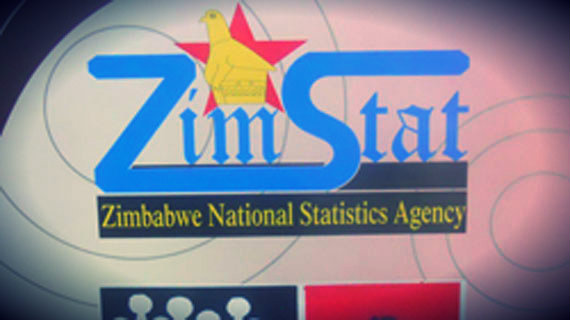
CASH-STRAPPED Zimbabwe splashed $155 million between January and March on food and beverages imports, at a time the country is suffering from severe liquidity challenges, latest trade data from the national statistics agency shows.
BY MTHANDAZO NYONI
Figures released by the Zimbabwe Statistical Agency (ZimStat) show that the country imported food and beverages worth $155m in the first quarter of 2017, up 11% compared to the same period last year, mainly for household and industry consumption.
In March alone, the country imported food and beverages worth $52m, up 5% from the previous month.
Some of the food stuffs imported were maize ($119m), durum wheat ($34m) and rice ($24m).
In the period under review, total imports amounted to $1,3 billion against $724 million exports, which remain heavily skewed towards consumptive products.
In the same period last year, the country’s imports were $1,3 billion against exports of $617 million.
Most of the imports in the first quarter of 2017 were consumptive products such as maize, rice, bottled water, sugar, soap, cellphone handsets, electronics, vehicle spares, vehicles, generators and second hand vehicles.
- Chamisa under fire over US$120K donation
- Mavhunga puts DeMbare into Chibuku quarterfinals
- Pension funds bet on Cabora Bassa oilfields
- Councils defy govt fire tender directive
Keep Reading
In June last year, Zimbabwe banned the importation of hundreds of items to rein in its ballooning trade deficit, which stood at $3,3 billion and shore up local manufacturers.
The list included furniture, baked beans, potato crisps, cereal, bottled water, mayonnaise, salad cream, peanut butter, jams, mahewu, canned fruits and vegetables, pizza base, yoghurts, flavoured milks, dairy juice blends, ice-creams, cultured milk and cheese.
However, the ban seems not to be taming the country’s appetite to import.
In 2016, the country’s trade deficit dropped to $2,4 billion after exporting goods worth $2,8 billion against imports of $5,2 billion.











